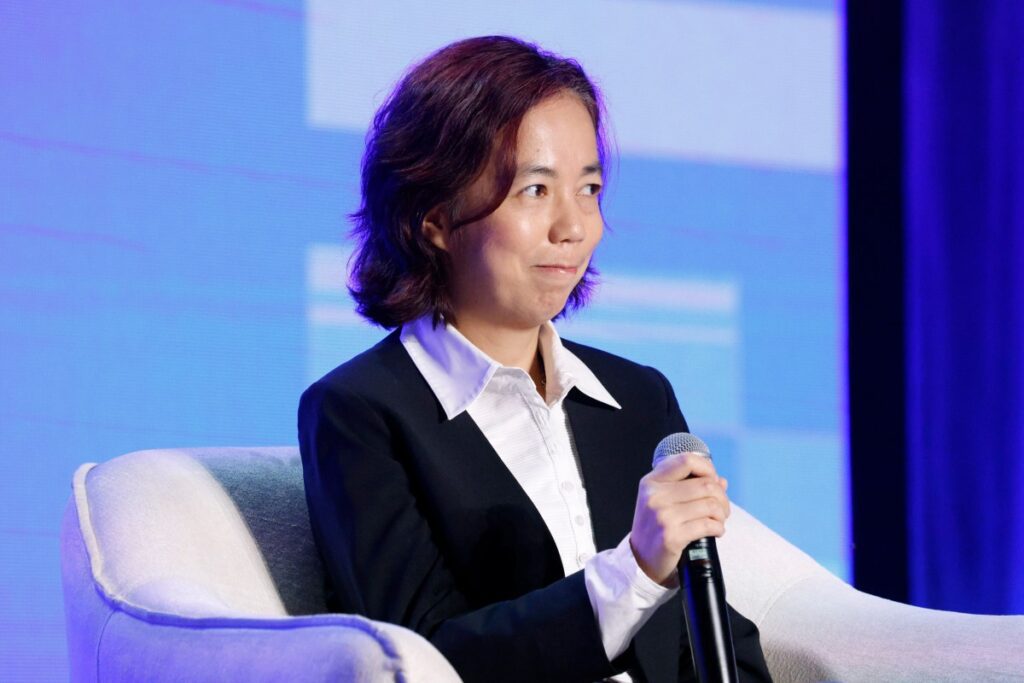Redefining AI Policy: Insights from Fei-Fei Li
As the world gears up for the upcoming AI Action Summit in Paris, Fei-Fei Li, a prominent Stanford computer scientist affectionately dubbed “the Godmother of AI,” has laid out a roadmap for the future of AI policymaking. Her three guiding principles offer a refreshing take on how we should approach the complexities of artificial intelligence.
Focus on Reality, Not Fantasy
First and foremost, Li emphasizes the necessity for AI policy to be rooted in “science, not science fiction.” In simpler terms, it’s crucial for policymakers to develop frameworks based on the current capabilities of AI rather than getting caught up in extravagant visions of the future, be it rosy utopias or dystopian nightmares.
To illustrate, consider our everyday interactions with chatbots. Li urges policymakers to understand that these tools, no matter how advanced, do not possess intentions or consciousness. Recognizing this distinction can help focus discussions on more immediate, pressing issues rather than hypothetical scenarios that might be more distracting than helpful.
A Pragmatic Approach
The second principle Li advocates for is pragmatism over ideology. Policymaking, she argues, should aim at minimizing unintended consequences while simultaneously encouraging innovation. It’s about finding that sweet spot where regulations support creativity and progress without stifling it.
For instance, think about how regulations around self-driving cars were initially met with resistance due to safety concerns. With pragmatic, thoughtful policies, it became possible to promote innovation while addressing public fears. This balance is key in crafting AI legislation that supports growth in the field.
Empowering the AI Ecosystem
Lastly, Li champions the idea that AI policies should empower the entire ecosystem, including open-source communities and academia. “Open access to AI models and computational tools is crucial for progress,” she states. By removing barriers that hinder researchers—especially those in academic settings—innovation can flourish.
Think about how advancements in open-source platforms have spurred new ideas and solutions in various industries. By limiting access to these resources, we risk slowing down progress and leaving smaller players behind, while larger corporations steam ahead.
Envisioning a Collaborative Future
At its core, Li’s vision is about creating an inclusive, forward-thinking environment for AI development. As we navigate these rapidly changing times, focusing on realistic, practical policies that foster collaboration among researchers, developers, and companies can lead us to a brighter future in AI.
In summary, Fei-Fei Li’s three fundamental principles for AI policymaking are timely reminders of the balance we must strike in this exciting frontier. By centering our efforts around science, pragmatism, and community empowerment, we can better harness the potential of AI for the benefit of everyone.
The AI Buzz Hub team is excited to see where these breakthroughs take us. Want to stay in the loop on all things AI? Subscribe to our newsletter or share this article with your fellow enthusiasts.




